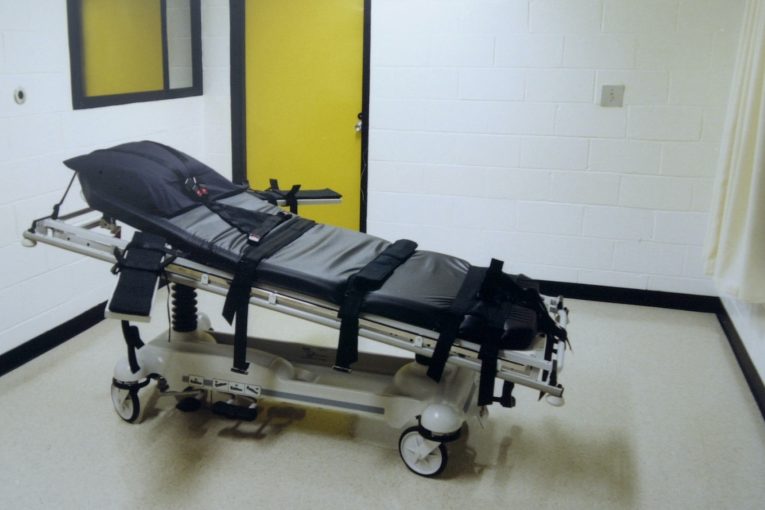
 By Genesis Guzman
By Genesis Guzman
BULLHEAD CITY, AZ – Danny Lee Jones’ previously denied petition challenging his death sentence due to inadequate counsel, was reversed and approved by the Ninth Circuit Court this week.
Jones was charged and convicted of two counts of murder in the first degree and one account of attempted murder.
Jones claimed that his right to counsel was inappropriately handled when his counselor failed to request a mental health expert to evaluate him.
Jones was evaluated by a trial court appointed psychiatrist, Dr. Jack Potts, who testified that Jones showed signs of suffering from a severe mood disorder along with multiple cerebral traumas from childhood and prolonged substance abuse.
However, Jones’s counsel did not speak to Dr. Potts until one day before the sentencing who had suggested further testing by a neuropsychologist—and once hearing the testimony, counsel moved for a  continuance so that an expert could conduct further psychological testing.
continuance so that an expert could conduct further psychological testing.
The judge doubted the counsel’s motion as a “delay tactic” due to its late timing, therefore rejecting the motion and continuing with the sentencing.
When Jones petitioned his Post-Conviction Review (PCR) for the first time the court denied it, believing that Dr. Potts’ testimony was enough and there was no need for an additional evaluation.
The court stated that the counsel’s request for a mental health expert was not requested “in a more timely manner.”
The Ninth Circuit Panel concluded that the violation of Jones’ right to counsel fell under the Strickland v. Washington case, which established when a defendant’s right to counsel is violated by inadequate performance.
The panel gathered that “there is at least a reasonable probability that development and presentation of mental health expert testimony would have changed the result of the sentencing proceeding.”
The panel agreed that Jones’ mental health should have been further investigated when his counsel requested it, but his counsel should have also been aware to make this request much earlier than right before his sentencing.
The counsel’s inadequacy resulted in Jones’s death sentence that could have been different if a neuropsychological expert would have been contacted in a more timely manner.

